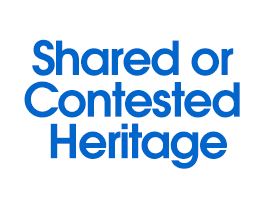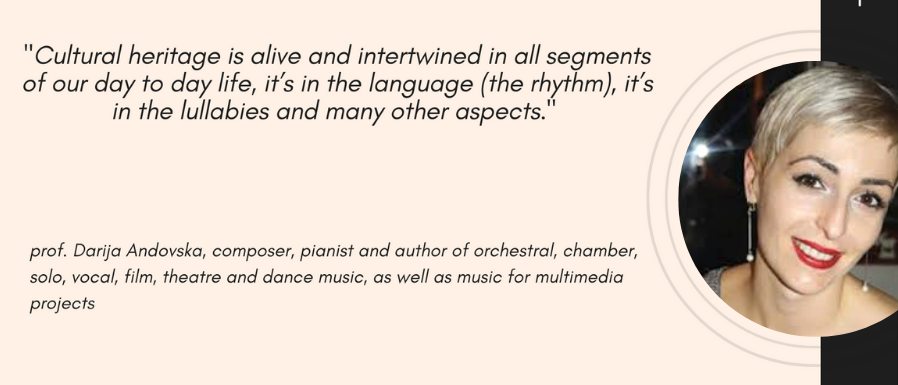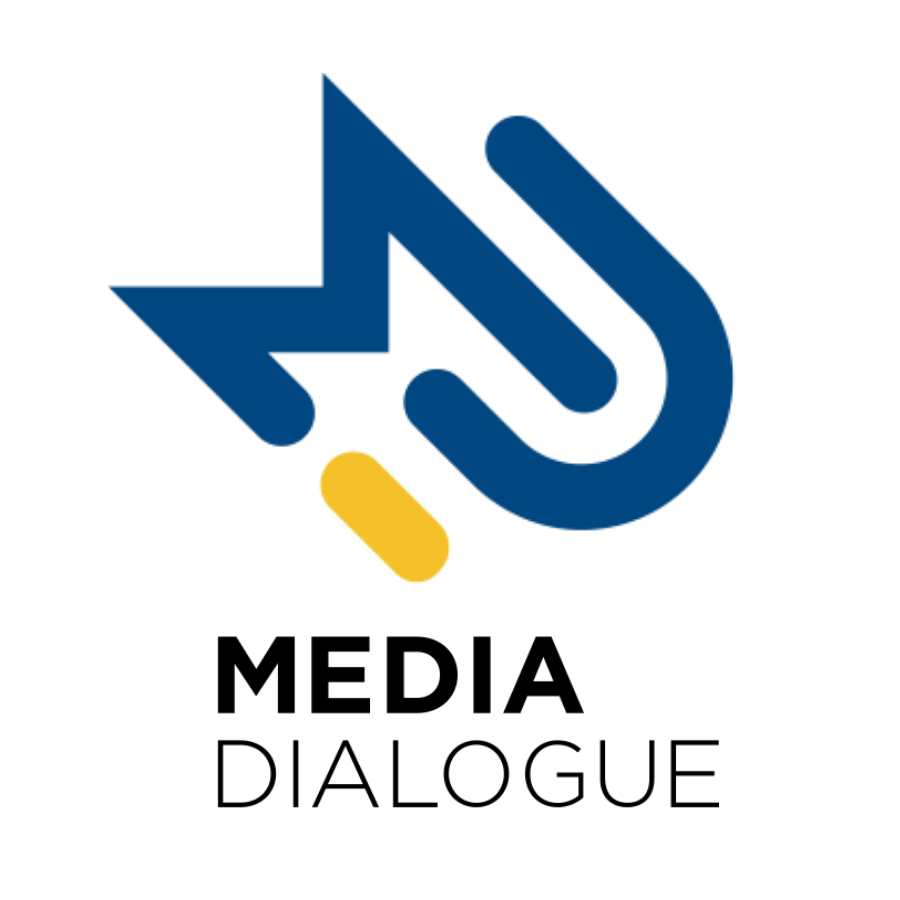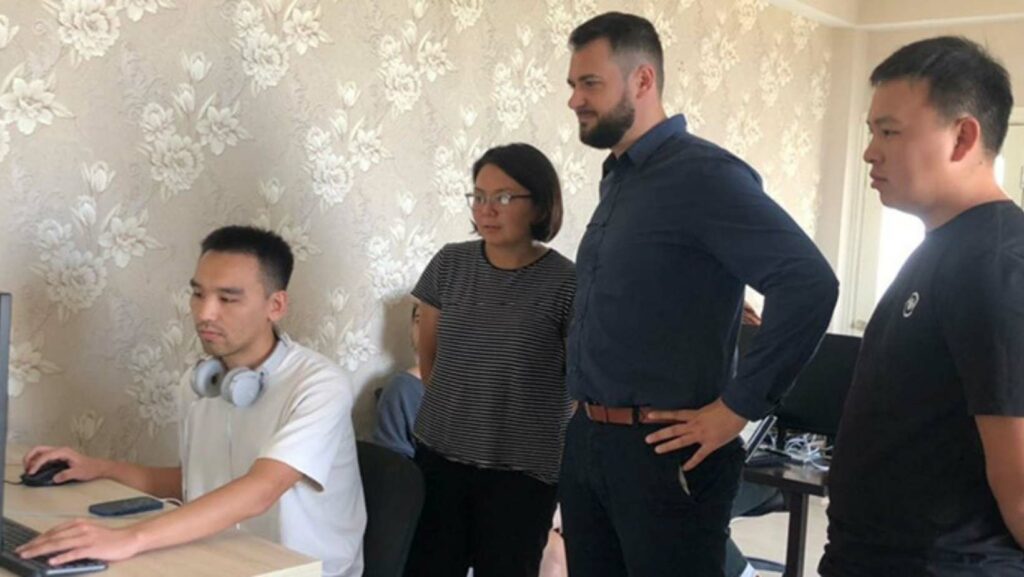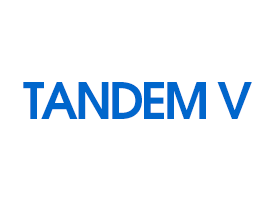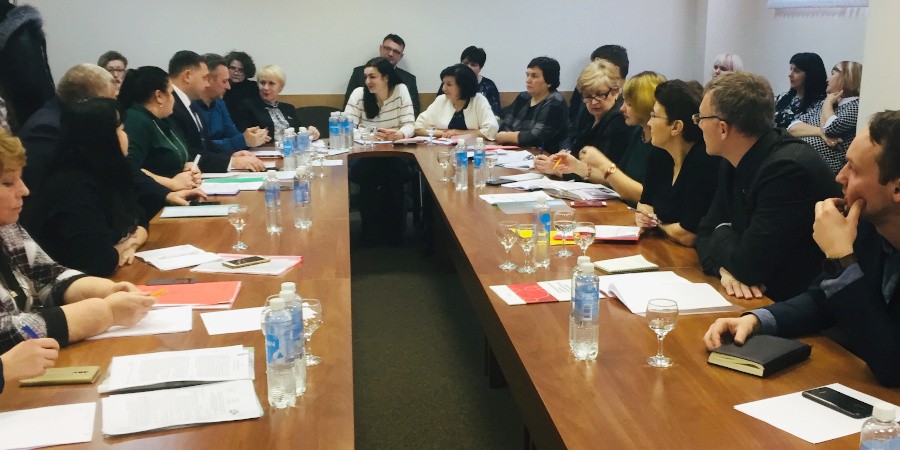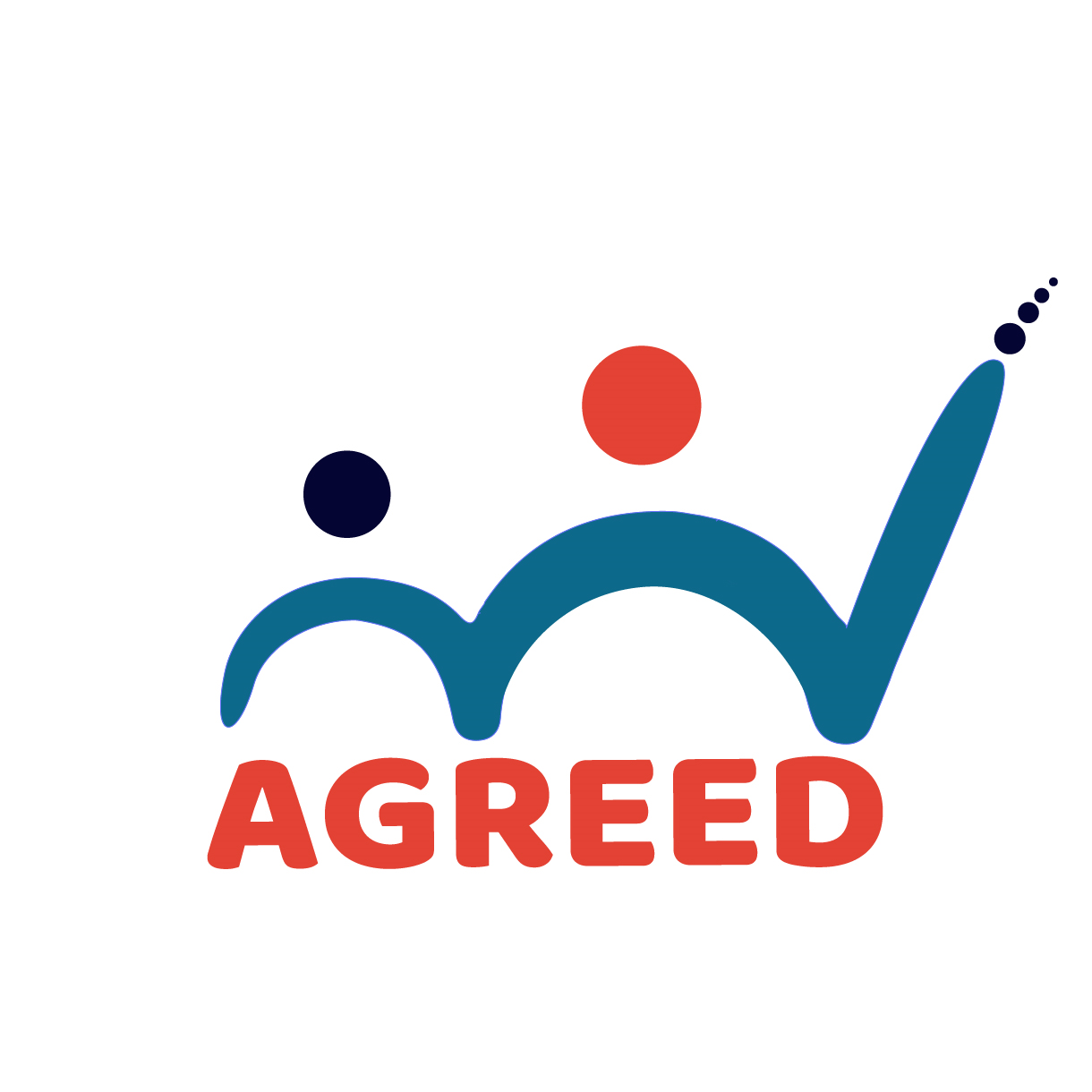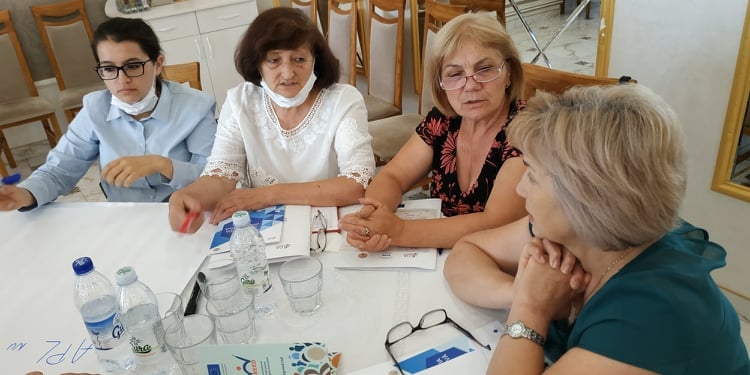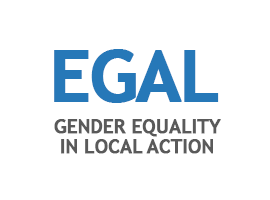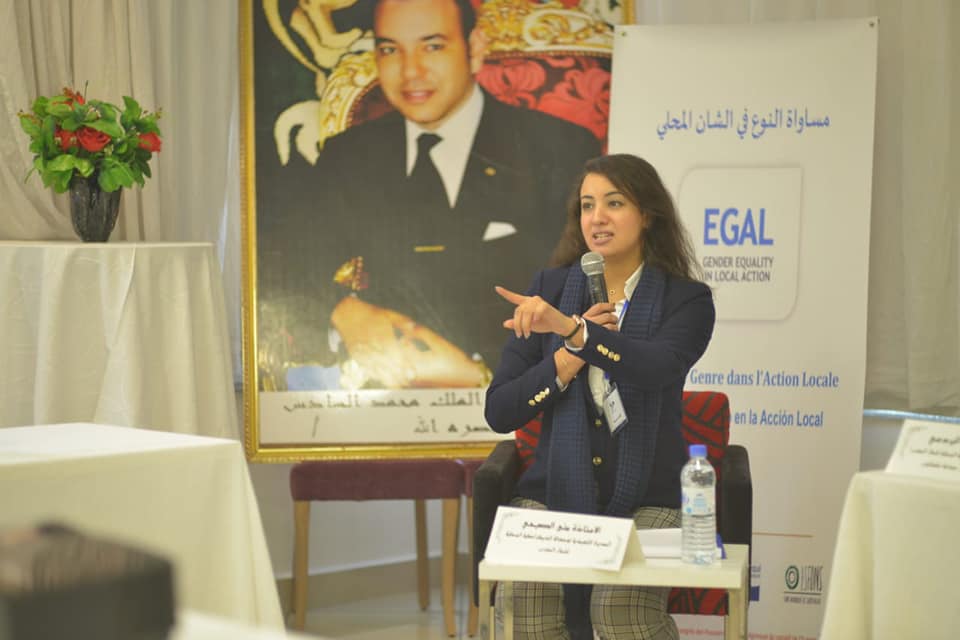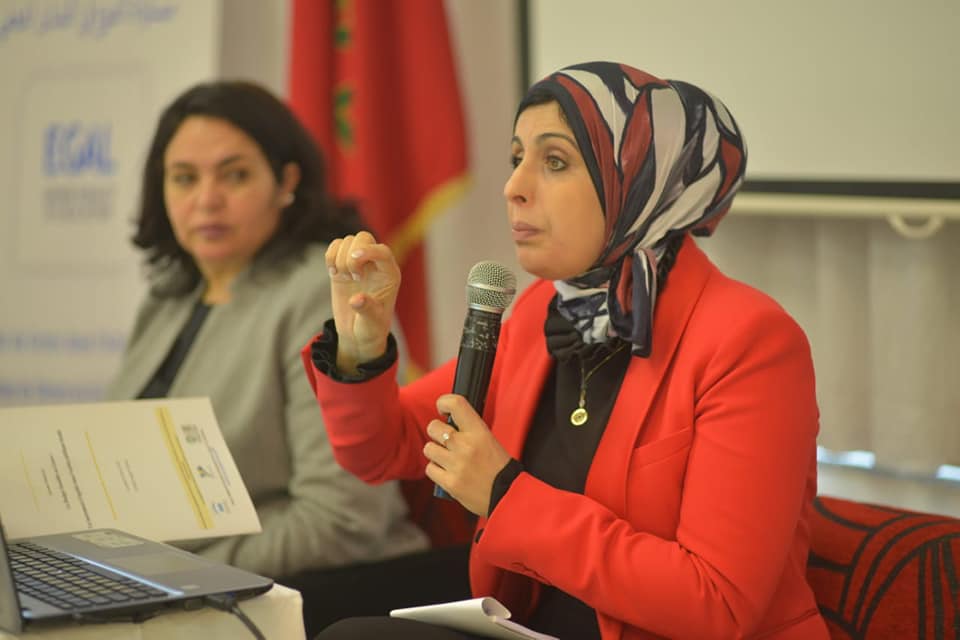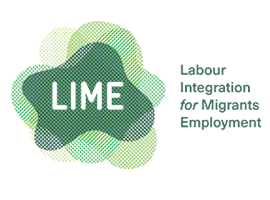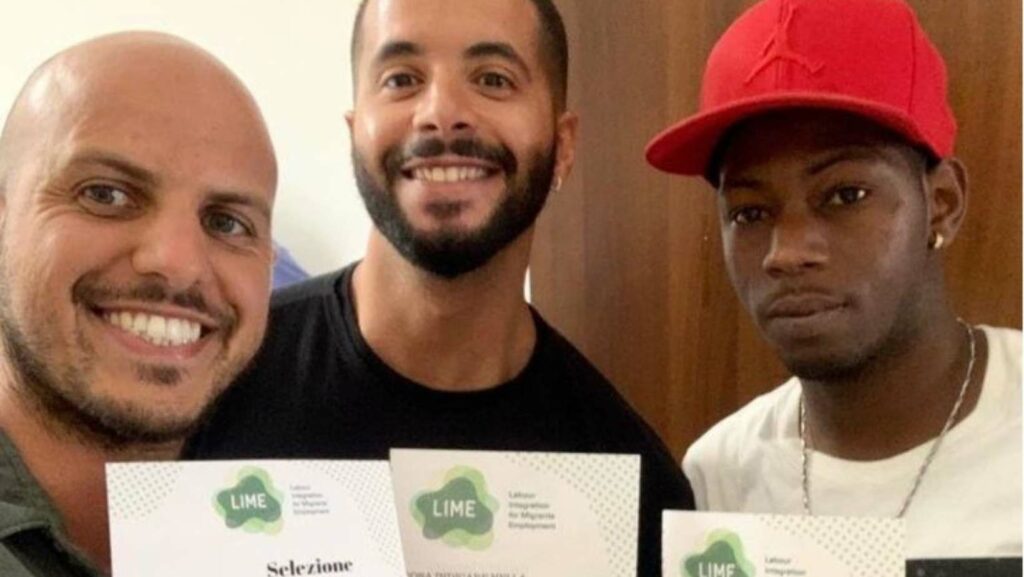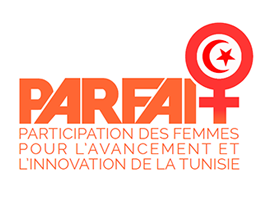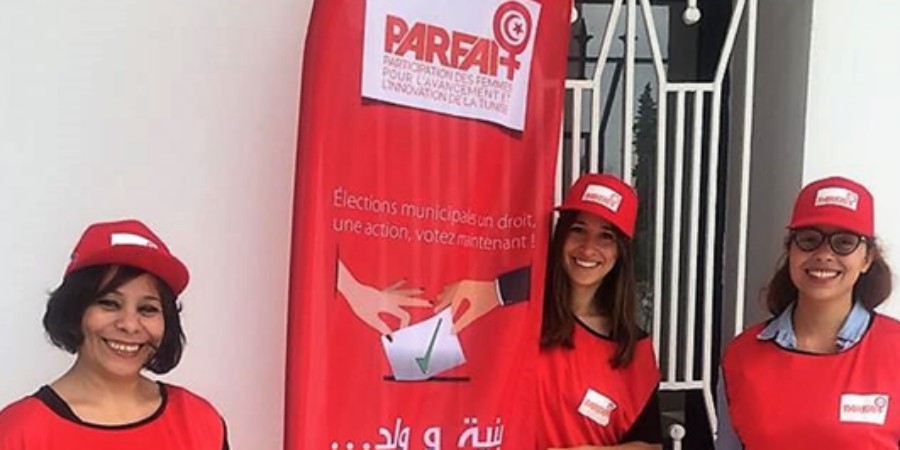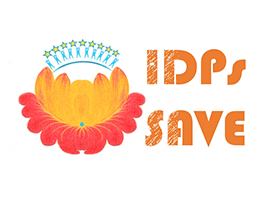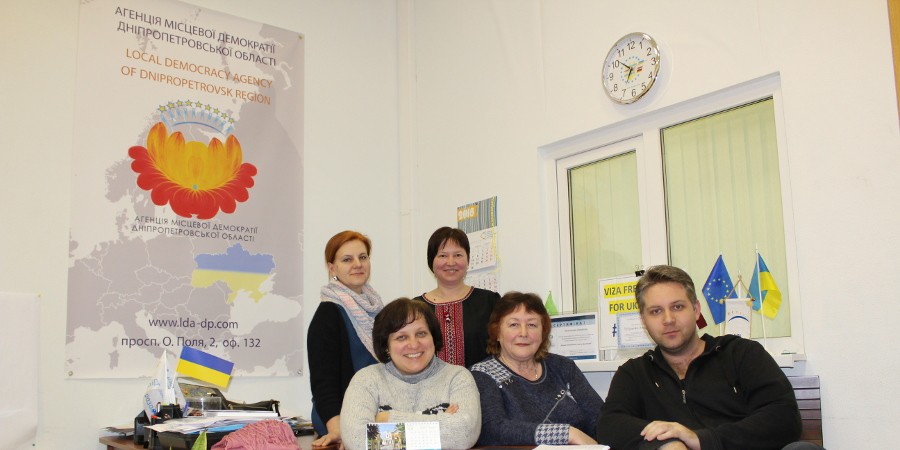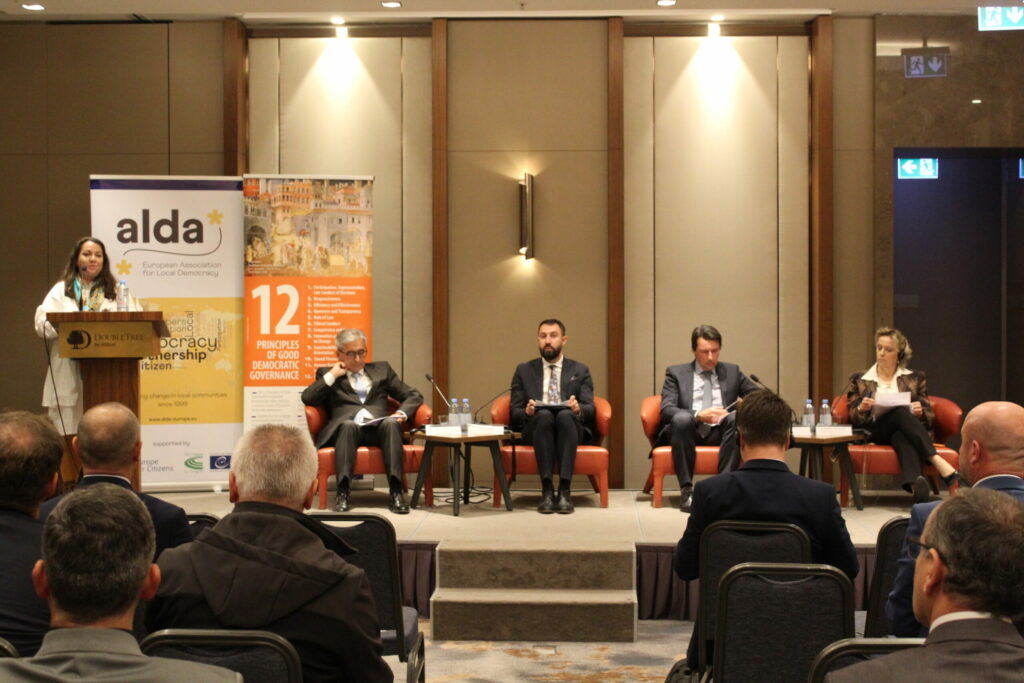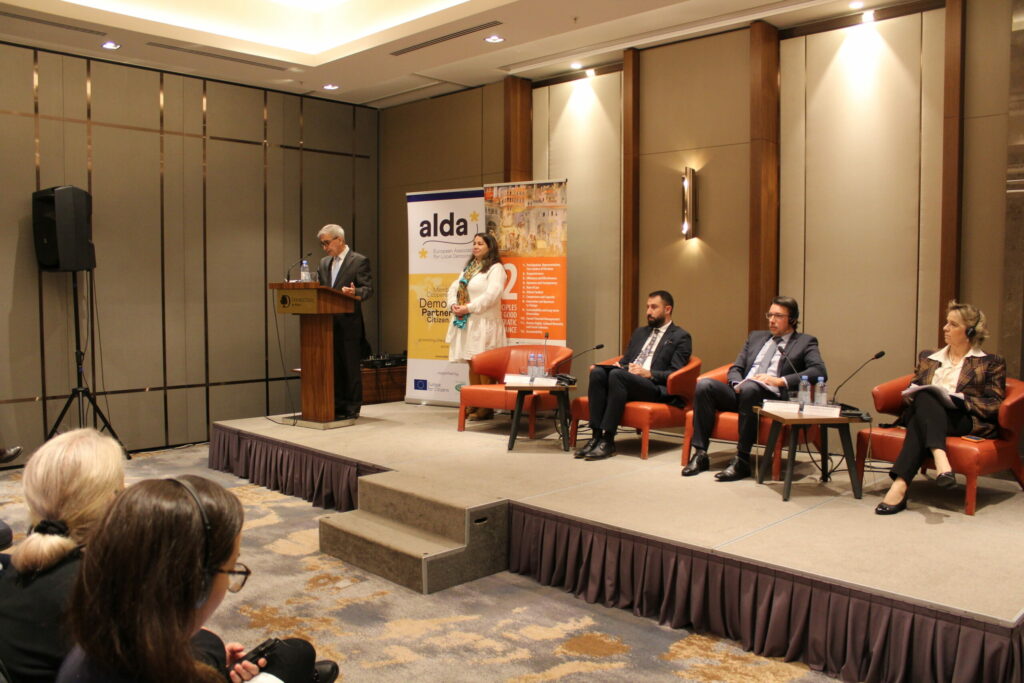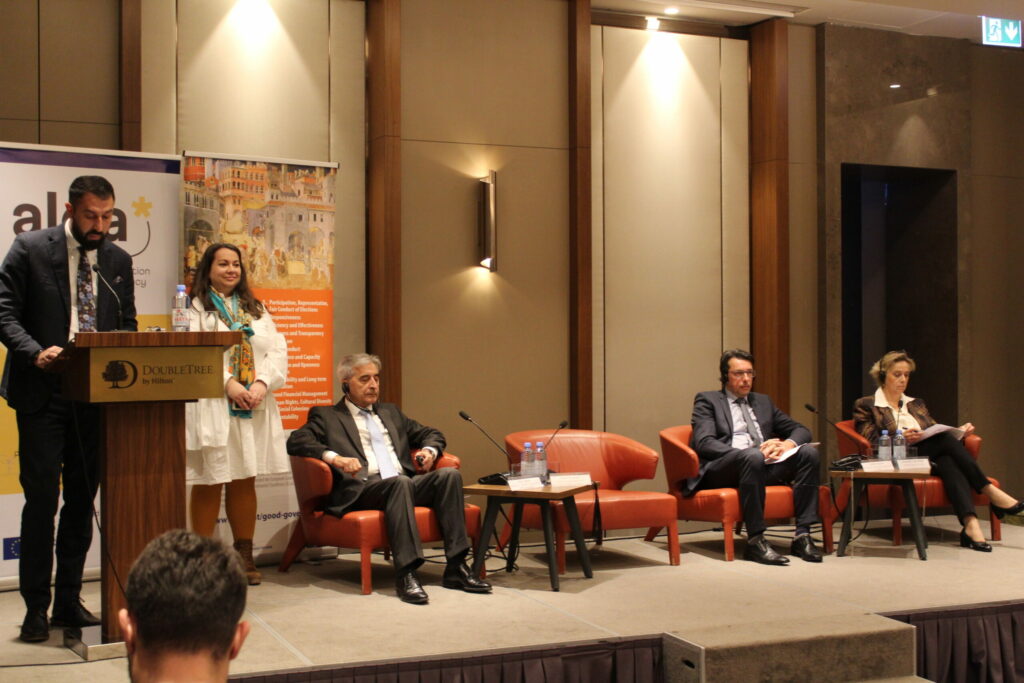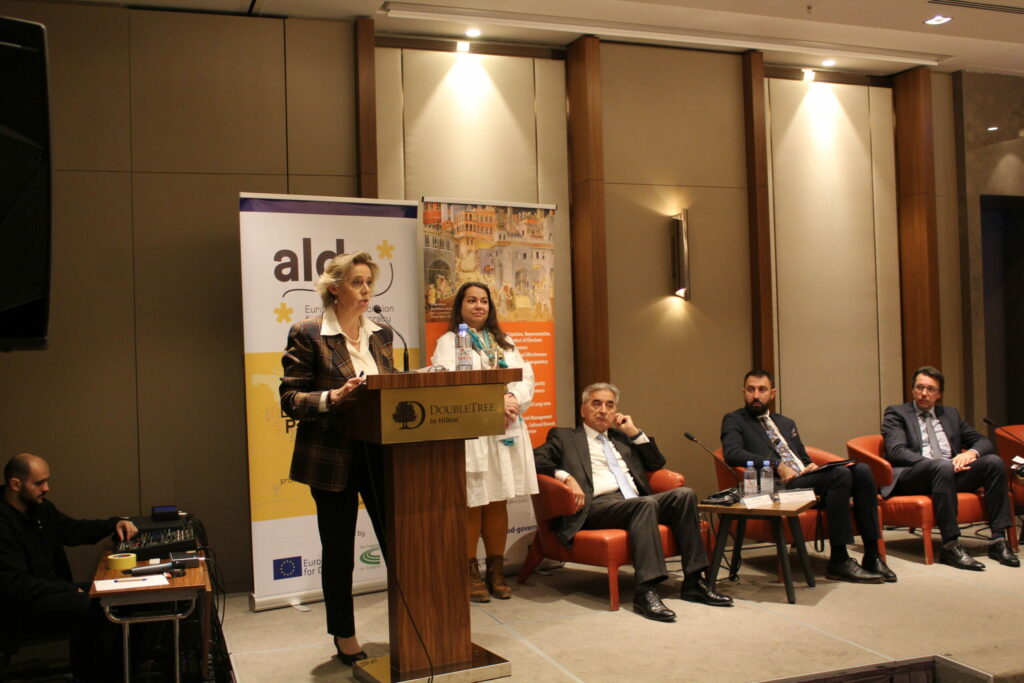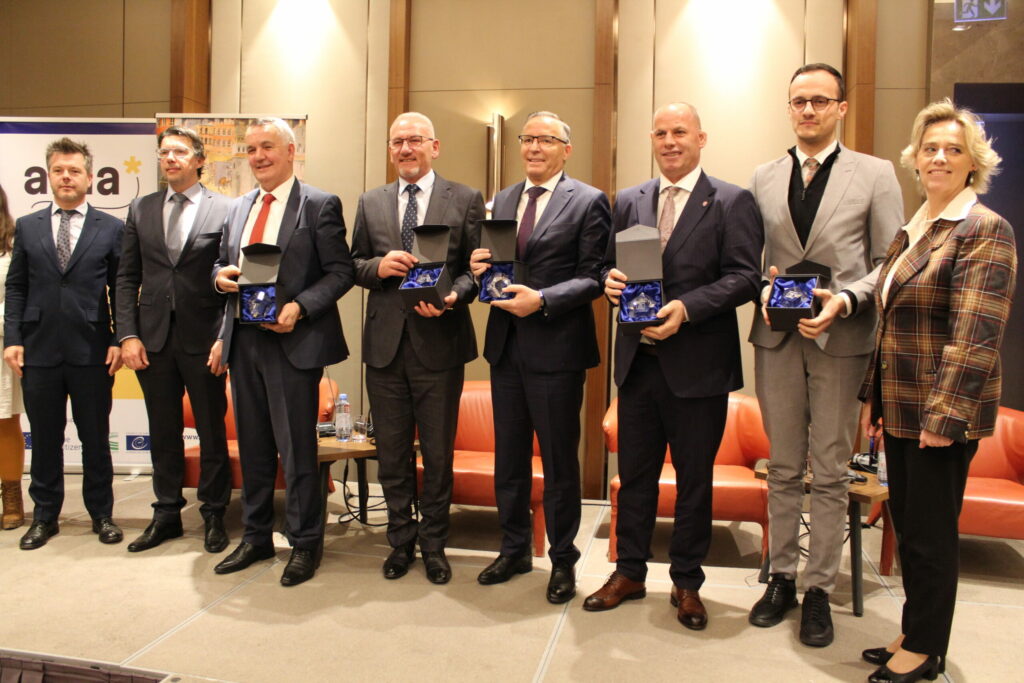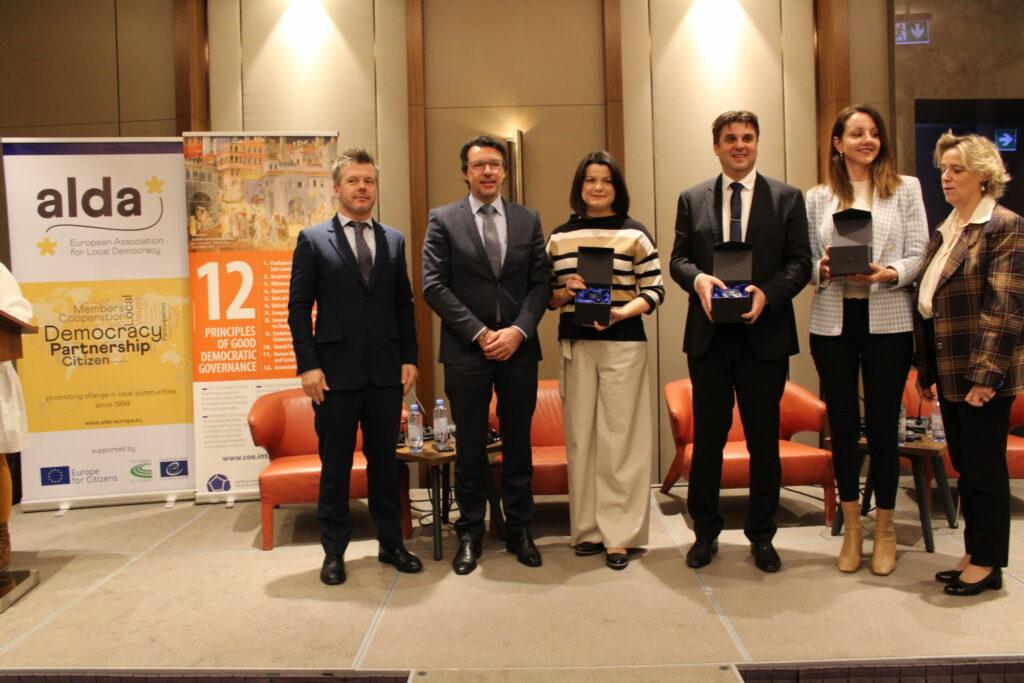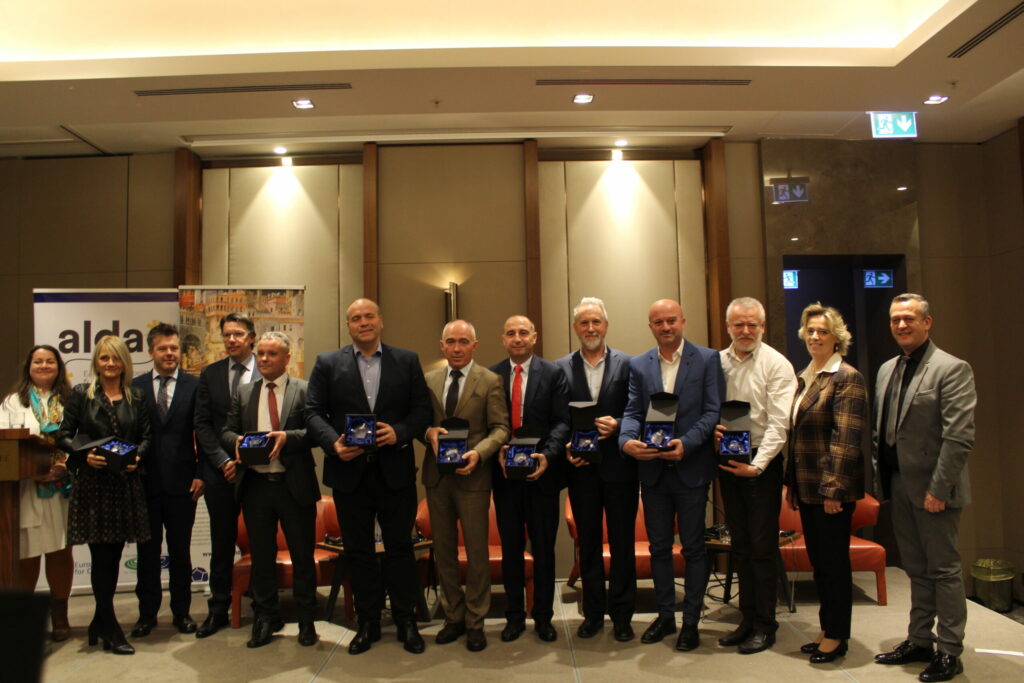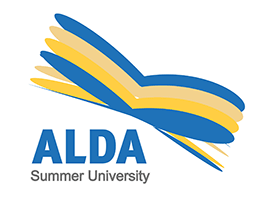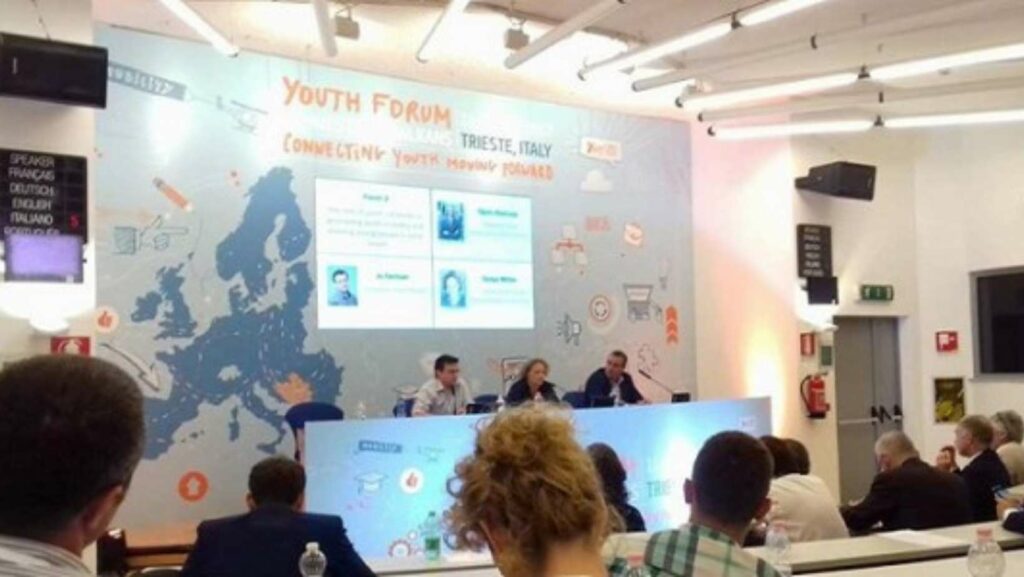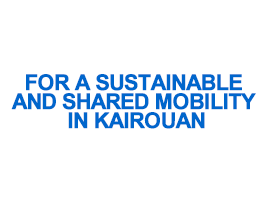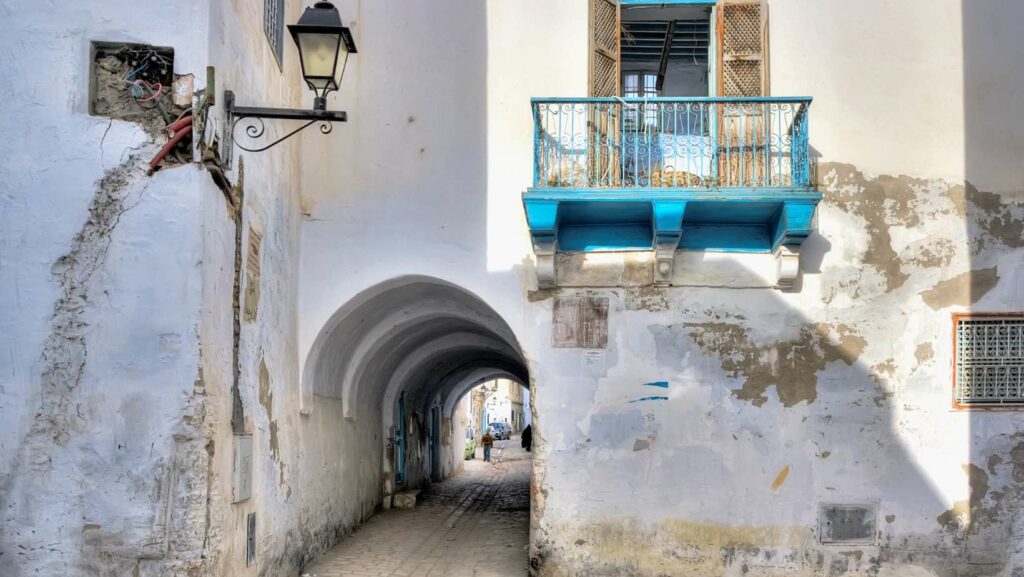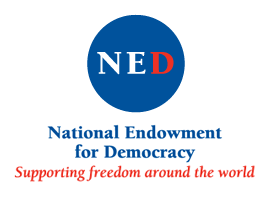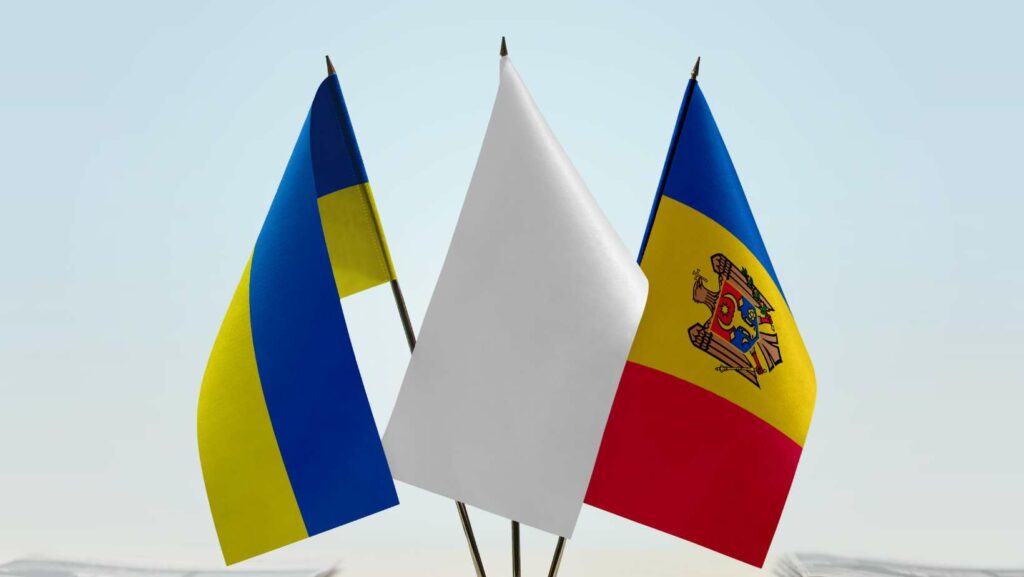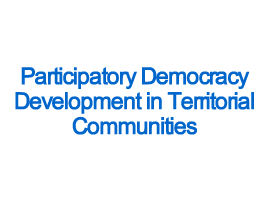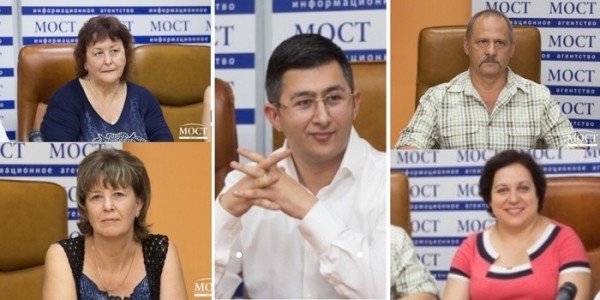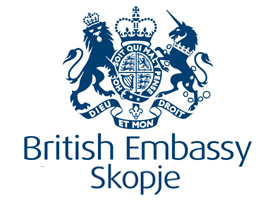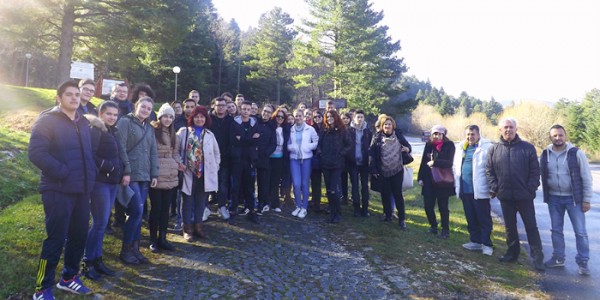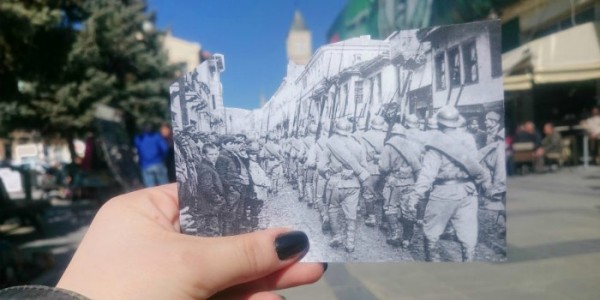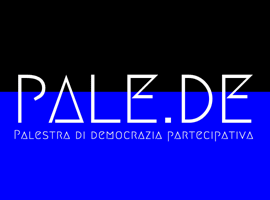24 Civil Society Organizations from the districts of Cimișlia, Florești, Străseni, Ștefan Vodă and Telenești, received the grant award contracts under the “EU4Accountability” project. The event was organized by ALDA, at Europe Café – EU Information Center, in Chisinau.
The “EU4Accountability” project is funded by the European Union and aims to improve social responsibility at the local level and to create sustainable cooperation mechanisms between local public authorities in the Republic of Moldova and civil society organizations (CSOs), in order to better respond to the needs of local communities.
“The financial support offered today by the European Union will allow CSOs to strengthen their efforts to improve democratic participation and respond to the concrete needs of citizens in Cimișlia districts , Florești, Strășeni, Ștefan Vodă and Telenesti” said Jānis Mažeiks, the Ambassador of the European Union to the Republic of Moldova, invited to the event
“I would like to congratulate the civil society organizations awarded grants under the EU4Accountability action and thank them for their dedication to promoting social responsibility in the Republic of Moldova” Jānis Mažeiks
“This will include public campaigns to raise awareness of the budget process, civic engagement to monitor public spending and policy-making, and participatory budget consultations – all to get citizens and local authorities to jointly choose the investments that are most needed in their communities” continued the Ambassador “I would like to congratulate the civil society organizations awarded grants under the EU4Accountability action and thank them for their dedication to promoting social responsibility in the Republic of Moldova. With your country’s new EU candidacy role, the importance of civil society in moving forward on the accession path is even more evident.”
Similarly, ALDA colleague Alexandru Coica, thanked the European Union for its continued support of the Republic of Moldova on its European path and the development of communities through participation and an inclusive approach. In addition, he underlined the expected improvement in social responsibility in the target areas and the positive impact of small project grants on almost 140,000 citizens from 50 localities throughout the country
To be noted that the 24 projects selected for funding aim at strengthening the social responsibility of local initiative groups and organizations and enhancing the civic engagement of different target groups. The projects submitted by local CSOs are particularly aimed at young people, women, and people from vulnerable groups and provide for: (1) the development of initiative groups, advocacy campaigns and consolidation of local coalitions, (2) strengthening the capacities of CSOs in the regions and implementing of the participatory budgeting mechanism, (3) the development of civic and youth organizations and the creation of information centers for citizens.
***
The “EU4Accountability” project, which runs from 2022-2024, is implemented by a consortium of three organizations: the European Association for Local Democracy ALDA, the European Partnership for Democracy EPD and the Czech non-governmental organization People in Need PIN, extends over 10 districts (Cahul, Comrat, Cimișlia, Fălești, Florești, Glodeni, Rîșcani, Străseni, Ștefan Vodă, Telenești), and provides for a total budget of 1.5 million EUR.
🇦🇲 Read the news in Armenian
🇬🇪 Read the news in Georgian
🇷🇴 Read the news in Romanian
🇺🇦 Read the news in Ukrainian
